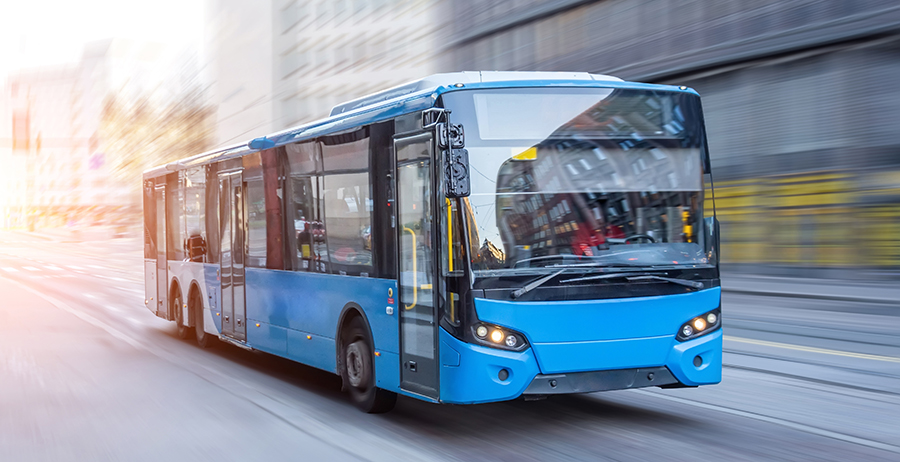A New Beginning—Part 7

Marcus had been relying on the bus to get to the probation office for his regular check-ins. One day, he received a notification that the bus route he normally took was cancelled due to a staffing shortage. This unexpected change left him worried about missing his appointment and potentially risking a technical violation.
Marcus looked into alternative public transit options in his area: the local bus services, light rail systems, and paratransit services for individuals with disabilities.
Public Transportation Options
Check in your area for these potential options:
- Bus service: Many cities offer extensive bus routes with affordable fares and monthly pass options.
- Light rail: Some cities are serviced by a light rail system, providing faster commutes to major employment centers.
- Paratransit services: For individuals with disabilities, most cities offer specialized door-to-door transportation services.
- Subway/Metro: Most bigger cities have a subway or metro train with frequent service.
- Micro transit services: An on-demand service that offers flexible routes and wheelchair-accessible minibuses at a fraction of the cost of rideshare apps, making it an attractive option for transportation needs.
To find the best options and routes in your city, use CityMapper or Moovit.
Alternative Transportation Solutions
While researching public transit options, Marcus also came across information about alternative transportation programs designed to help residents access job opportunities.
- Carpooling rewards: Some cities implement programs that incentivize carpooling through mobile apps, offering rewards to participants.
- Discounted rideshares: Partnerships between cities and rideshare companies provide discounted rides for work-related trips.
- Bike and scooter sharing: Many urban areas now offer affordable bike and scooter sharing programs for short-distance travel.
Personal Vehicle Ownership
While public transit and alternative transportation options were appealing, Marcus also considered the possibility of owning a car for greater flexibility. He knew that finding a used car would be challenging, but potentially worthwhile for his long-term goals.
To find an affordable used car, Marcus explored several avenues:
- Online marketplaces: Websites and apps, such as Facebook Marketplace and CarStory are dedicated to used car sales and often have a wide selection of budget-friendly options.
- Local dealerships: Some dealerships specialize in affordable used cars and offer financing options for individuals with limited credit history. Visit TrueCar and CarGurus for more information.
- Government auctions: Marcus learned that local government agencies sometimes auction off used vehicles at discounted prices. Check Public Surplus and GovDeals.
- Non-profit programs: Some non-profit organizations offer programs to help low-income individuals acquire reliable used cars, such as Vehicles for Change and 1-800 Charity Cars.
- Peer-to-peer car sharing: As an alternative to ownership, you may also consider using peer-to-peer car sharing services for occasional use when public transit isn’t sufficient. Options include Turo, Getaround, and Zipcar
An Informed Decision
After carefully weighing his options, Marcus decided to primarily rely on public transportation and the new micro transit service for his daily commute and errands. He also signed up for the local carpooling rewards program to supplement his transportation needs and potentially earn some extra money.
For situations where he needed more flexibility, Marcus planned to use peer-to-peer car sharing services occasionally while he saved money to eventually purchase his own Click here for some great tips on buying a used car.
The Importance of Reliable Transportation in Reentry
As Marcus reflected on his journey, he realized how crucial access to reliable transportation was to his probation and reintegration as it provided him with the means to maintain employment, attend support group meetings, and access essential services.
Marcus is grateful for the variety of transportation options available to him and feels more confident in his ability to navigate his new life independently.
Sign up for email alerts below to receive the next article as Marcus continues his journey towards independence and stability. Also, you may download our free Get Started Workbook for more information on transportation options and other reentry resources.


